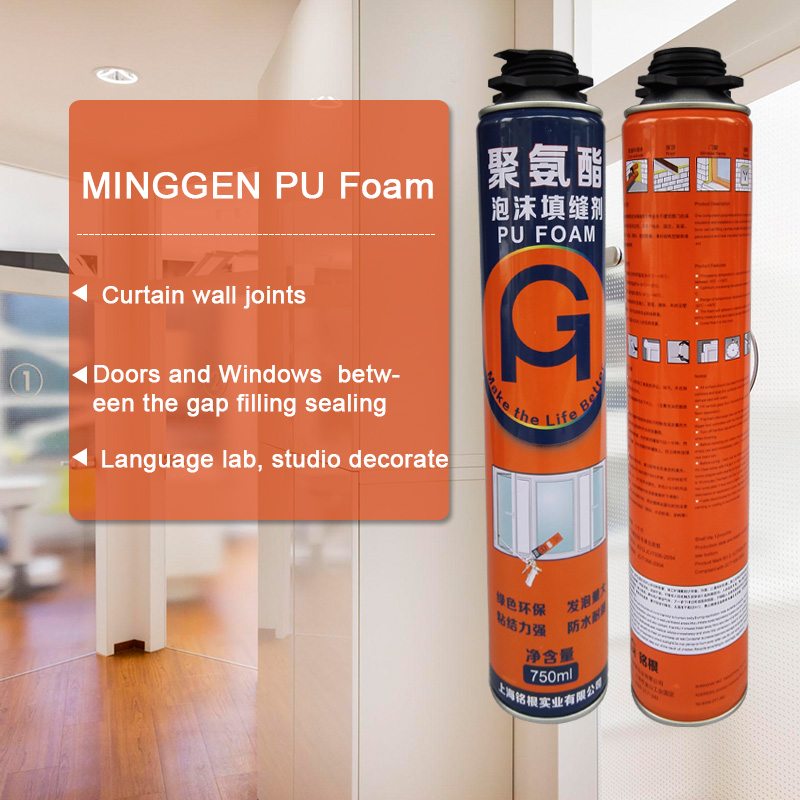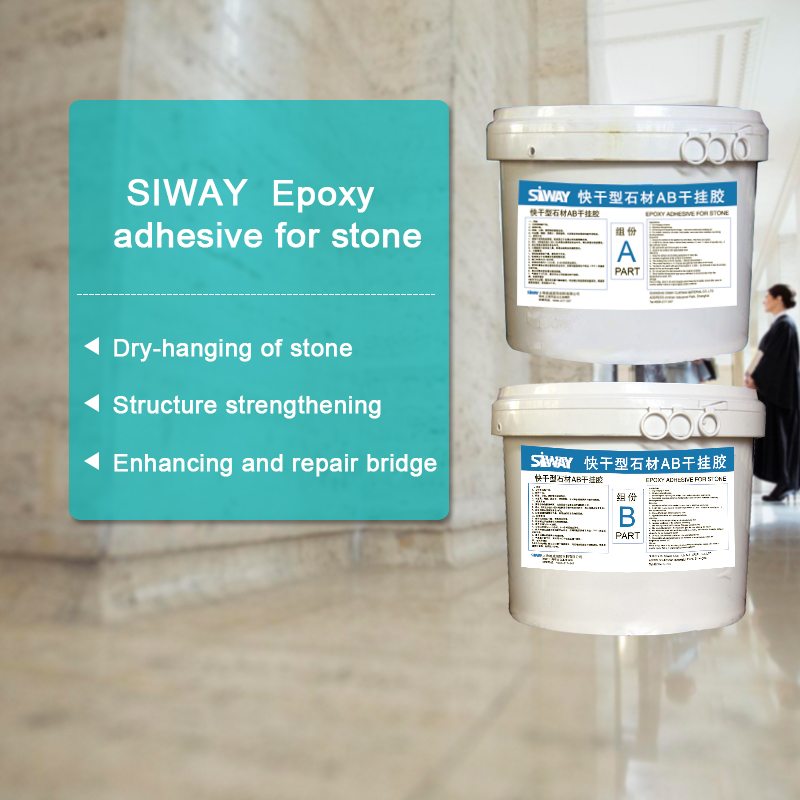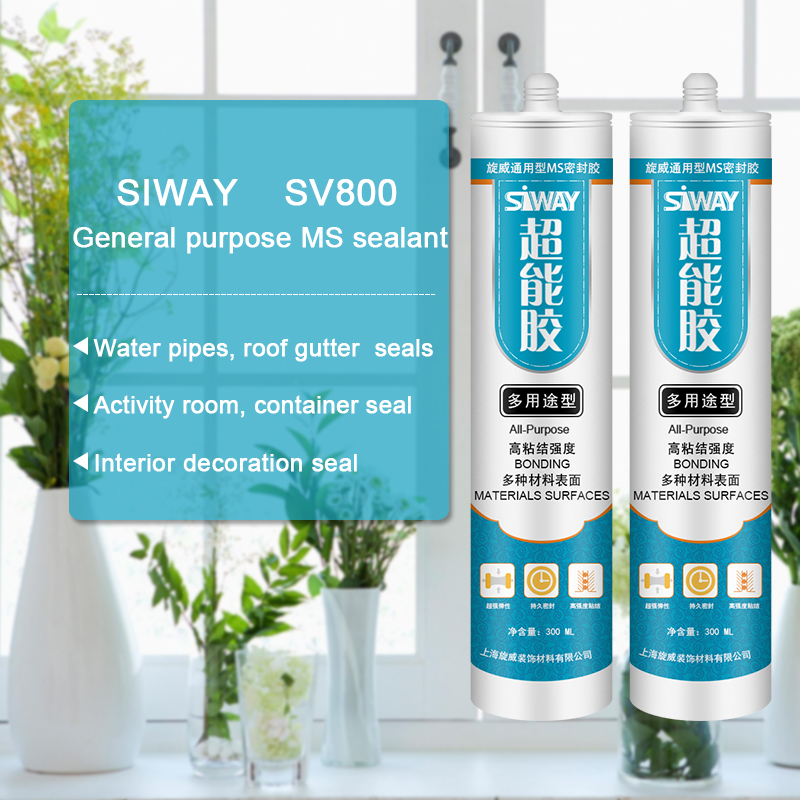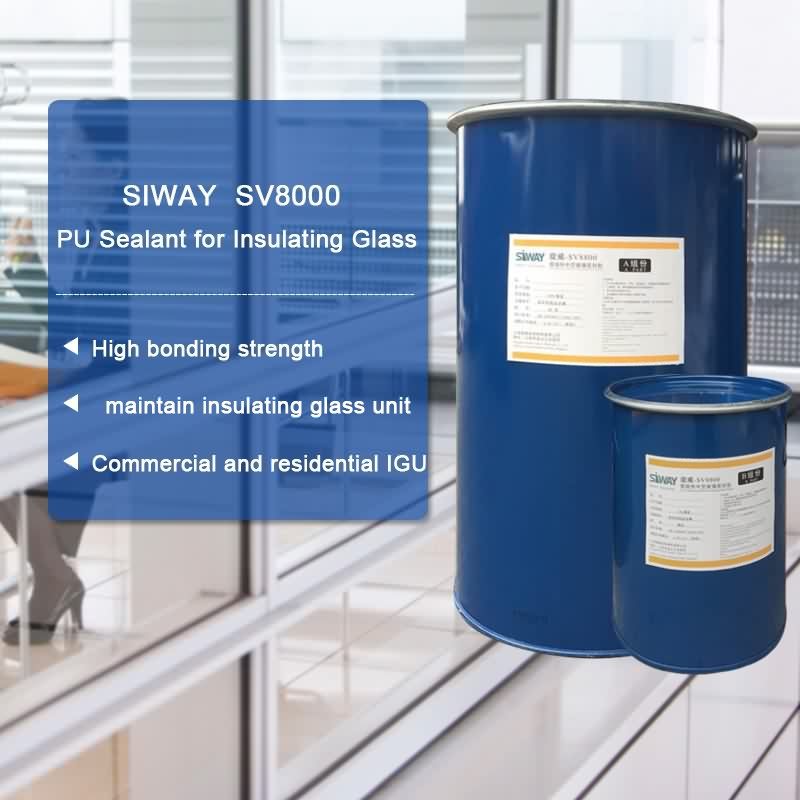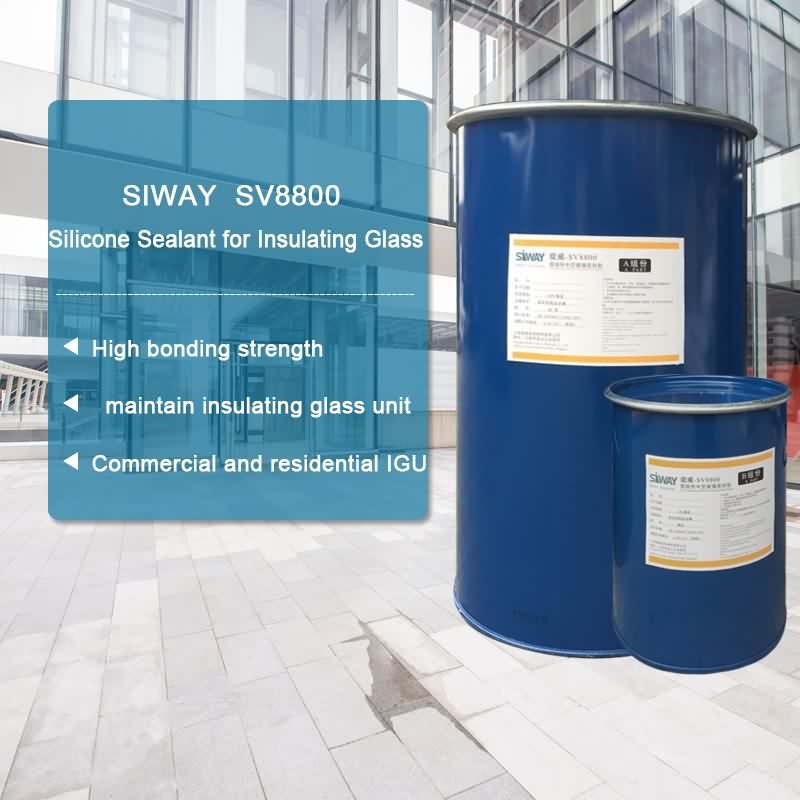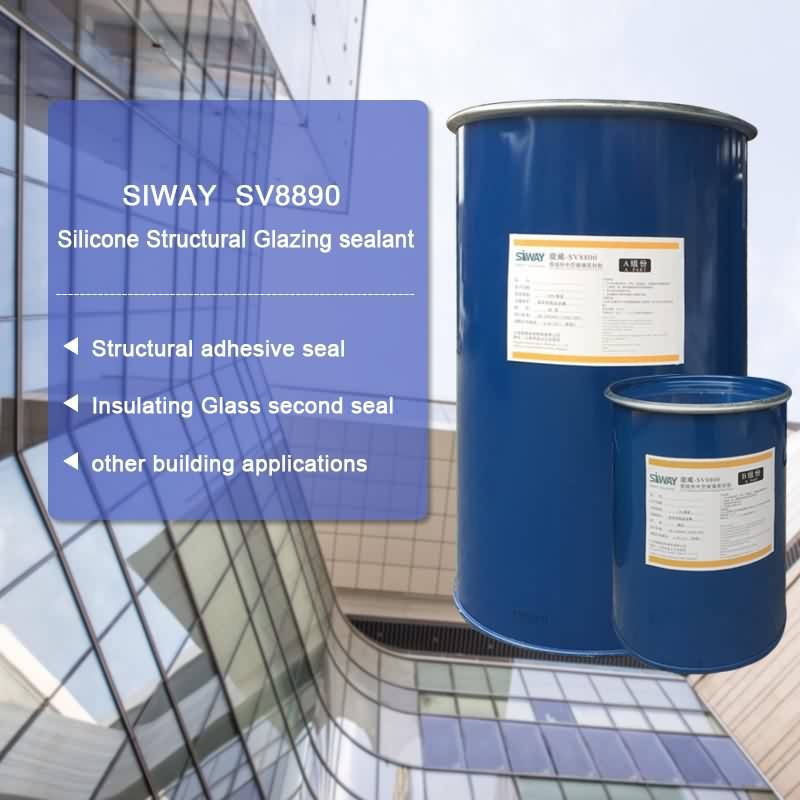20 Years Factory Siway MG PU FOAM to San Diego Manufacturers
Short Description:
Description MG PU FOAM is the expansion, moisture curing, has the strong cohesiveness, elastic foam obturator structure; Save work to save time, reduce waste; High bond strength; Bubble can stick in the concrete, wood, metal, plastic, such as base material surface, but not including teflon, silicon resins; Key Features 1. Noise silencing effect 2. Strong bonding strength 3. Water & weatherproof 4. Primerless adhesion to most building materials Basic Application 1.Doors and Windows and...
"Sincerity, Innovation, Rigorousness, and Efficiency" is the persistent conception of our company for the long-term to develop together with customers for mutual reciprocity and mutual benefit for 20 Years Factory Siway MG PU FOAM to San Diego Manufacturers, Welcome your visiting and any your inquires,sincerely hope we can have chance to cooperate with you and we can build up long well business relationship with you.
Description
MG PU FOAM is the expansion, moisture curing, has the strong cohesiveness, elastic foam obturator structure; Save work to save time, reduce waste; High bond strength;
Bubble can stick in the concrete, wood, metal, plastic, such as base material surface, but not including teflon, silicon resins;
Key Features
1. Noise silencing effect
2. Strong bonding strength
3. Water & weatherproof
4. Primerless adhesion to most building materials
Basic Application
1.Doors and Windows and wall body between the gap filling sealing, fixed bond
2.Language lab, studio, etc when decorating, gap to fill
Technical data sheet
|
Project |
Value |
||
|
Density, Kg/m³,Not less |
10 |
||
|
Thermal conductivity,35℃,W/(m·K) no more than |
0.050 |
||
|
Dimensional stability(23±2)℃,48,h no more than |
5 |
||
|
Operating temperature |
-10~+35℃ |
||
|
Optimum operating temperature |
+18~+25℃ |
||
|
Temperature range(After curing) |
-35~+80℃ |
||
|
Tensile bond strength kPa Not less |
Aluminum plate |
Standard condition,7d |
80 |
|
Immersion,7d |
60 |
||
|
PVC plate |
Standard condition,7d |
80 |
|
|
Immersion,7d |
60 |
||
|
Cement Plate |
Standard condition,7d |
60 |
|
|
Shear strength,kpa,Not less |
80 |
||
|
Foam expansion ratio,Not less |
Standard value-10 |
||
Certification
JC 936-2004
Color
White
Package
750ml in Bottle * 12 per box
Shelf life
12 months
Note
If you want the TDS or MSDS or other details, please contact with our sales person.
HOW TO WATERPROOF AND IMPROVE THE APPEARANCE OF ROOFS, ALSO ON HEAT-SENSITIVE LAYING SURFACES
If the waterproof covering comprises the final (visible) part of a roof, problems can arise relating to the environmental impact or the overall appearance of structures, which are more complicated if the laying surface is heat-sensitive.
To overcome these inconvenience, it is advisable to use a product that guarantees full waterproofing but also fulfils the aesthetic requirements of the roof and can be applied cold.
SOLUTION
MINERAL DESIGN SELF-ADHESIVE EP SELFLAPS POLYESTER is similar to the OVERLAPS version of the membrane with the difference that the selvedge is self-adhesive and can be bonded without using a torch. It is to be used exclusively for laying on wooden boards and on surfaces of limited proportions (smaller than 200 m2).
To stabilise the overlap area further and to limit any tension that could strain it, MINERAL DESIGN SELF-ADHESIVE EP SELFLAPS POLYESTER is appropriately produced with a sanded edge of roughly 3 cm, to enable mechanical fixing with nails or staples before removing the protective silicone-treated strip of the self-adhesive selvedge and sealing the overlaps.
APPLICATION FIELDS
The sheets of MINERAL DESIGN SELF-ADHESIVE EP SELFLAPS POLYESTER are laid in the same way as for the OVERLAPS version and are secured every 10÷15 cm along the longitudinal overlap with nails with large heads of 1 cm in diameter or with a stapler.
On pitches above 15%, the measurements and the mechanical fixing method on the ends of the sheets is the same type as the previous case. The longitudinal overlaps are bonded by self-adhesion, making sure to compress thoroughly using a roller, whereas the end overlaps are bonded using cold adhesive HEADCOLL.
METHOD OF USE AND PRECAUTIONS: Please follow instructions listed in the technical data sheet carefully
Technical Data-sheets
https://www.indexspa.it/Indexspacom/Tecnoplan/pdf/MINERAL_DESIGN_AUTO-EN.pdf
www.index-spa.com
index.export@indexspa.it
Inspired from Anbu masks. I didn’t have really good clay or a base for it so, I used tin foil and just use newspapers to make a mask. This is just my own way of making a Anbu sort of mask.
Hope ya like it. Chow-
If you don’t have a clay, why don’t you try using papers?
A homemade mask made entirely out of paper using aluminium foil as the base.
Instructions:
1. Start by scrunching about 8-10 pieces of aluminium foils
2. Put it on your face to shape it into your face
3. Mark a line up to the edge of your forehead and cut it
4. Mark your nose on the foil and cut 2 cm down from it
5. Mark where your eyes are to make a hole
6. Cut two slits and make a flap for the nose
7. Cut slits to make a curve for the forehead and tape it
8. Make slits up to the line and fold to tape it so it has the shape of your jaw
9. Cut the excess so it perfectly fits your jaw
10. There you have your two pieces
11. Tape them together and stick some tape on the eyes
12. Whisk water and flour until it is a thick paste
13. Tear or Cut strips of newspaper
14. Dip the paper and apply about 2 layers to the base
15. Then let it dry or use hairdryer
16. Apply another layer but more layers on the mouth to make it curve
17. For the ears fold the foil into half then into triangle
18. Tape the pieces above the eye level
19. Apply some layer on the mask including the ears and let it dry
20. Cut strips of towel paper
21. Apply two vertical layers of towel paper
23. Let it dry
24. Apply one horizontal layer of towel paper and let it dry
25. Apply white acrylic on the mask
26. Leave it to dry
27. Draw the design on the mask
28. Apply the colours according to your design
*You can put PVA glue after the colour has dried*
* You can put a strap using a glue gun*
————
Tips
+ Acrylic paint is best to use in my opinion.
+ You can use poster colour and after it dries evenly cover it with PVA to preserve and make it shiny.
+ You can take the foil out from the mask…but kinda tricky. But I just covered the foil with the white tape on underside.
+ Let the newspaper you stuck well, cuz if it’s not properly dry, it started to stink. You DONT want to wear a stinky mask.
+ Just put some tape underside cuz the foil can cut your face.
